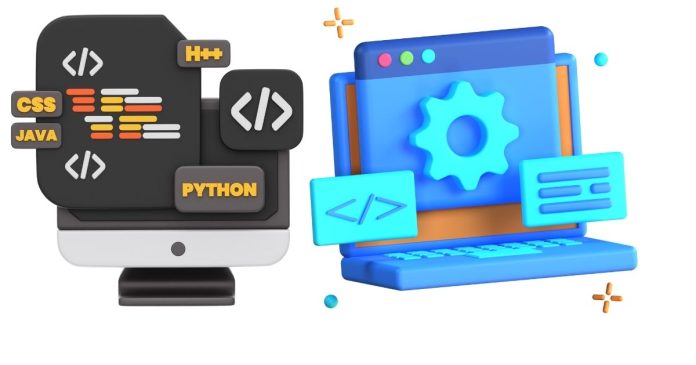JSON (JavaScript Object Notation) is a lightweight, text-based format for data exchange. It is widely used for storing and transmitting data between a server and a client in web applications. Python provides built-in support for working with JSON through the json module, making it easy to parse (read) and manipulate JSON data.
In this article, we’ll cover how to parse and use JSON in Python, with examples to illustrate common scenarios.
Understanding JSON and Python Dictionaries
JSON data is essentially a collection of key-value pairs, which maps closely to Python’s dict type. For example:
JSON Example:
Equivalent Python Dictionary:
The json module allows seamless conversion between JSON data and Python objects.
Parsing JSON in Python
1. Parsing JSON Strings
If you have a JSON string, you can parse it into a Python object using json.loads.
Example:
2. Reading JSON from a File
If your JSON data is stored in a file, you can use json.load to read and parse it.
Example:
Example data.json file:
Output:
Working with Parsed JSON Data
Once JSON data is parsed, it can be manipulated like any other Python object.
Example: Accessing Values
Example: Updating Values
Converting Python Objects to JSON
The json module also allows you to convert Python objects back into JSON format using json.dumps (for strings) or json.dump (for files).
1. Converting to a JSON String
Example:
Output:
2. Writing JSON to a File
Example:
This creates a file named output.json with the JSON content.
Handling JSON Data with Complex Objects
Python’s json module supports basic types like dictionaries, lists, strings, numbers, and booleans. If you need to serialize complex objects, you can use a custom encoder or decoder.
Example: Handling Custom Objects
Output:
Error Handling
Common Errors
- Invalid JSON: If the JSON string or file is malformed, a
JSONDecodeErrorwill be raised. - File Not Found: When reading from a file, ensure the file exists, or handle the
FileNotFoundError.
The json module in Python provides an easy and efficient way to parse, manipulate, and write JSON data. Key points to remember:
- Use
json.loadsfor parsing JSON strings andjson.loadfor JSON files. - Use
json.dumpsto convert Python objects to JSON strings andjson.dumpto write to files. - Handle custom Python objects with the
defaultparameter injson.dumps.
JSON’s simplicity and the power of Python’s json module make working with structured data straightforward for a wide range of applications.


